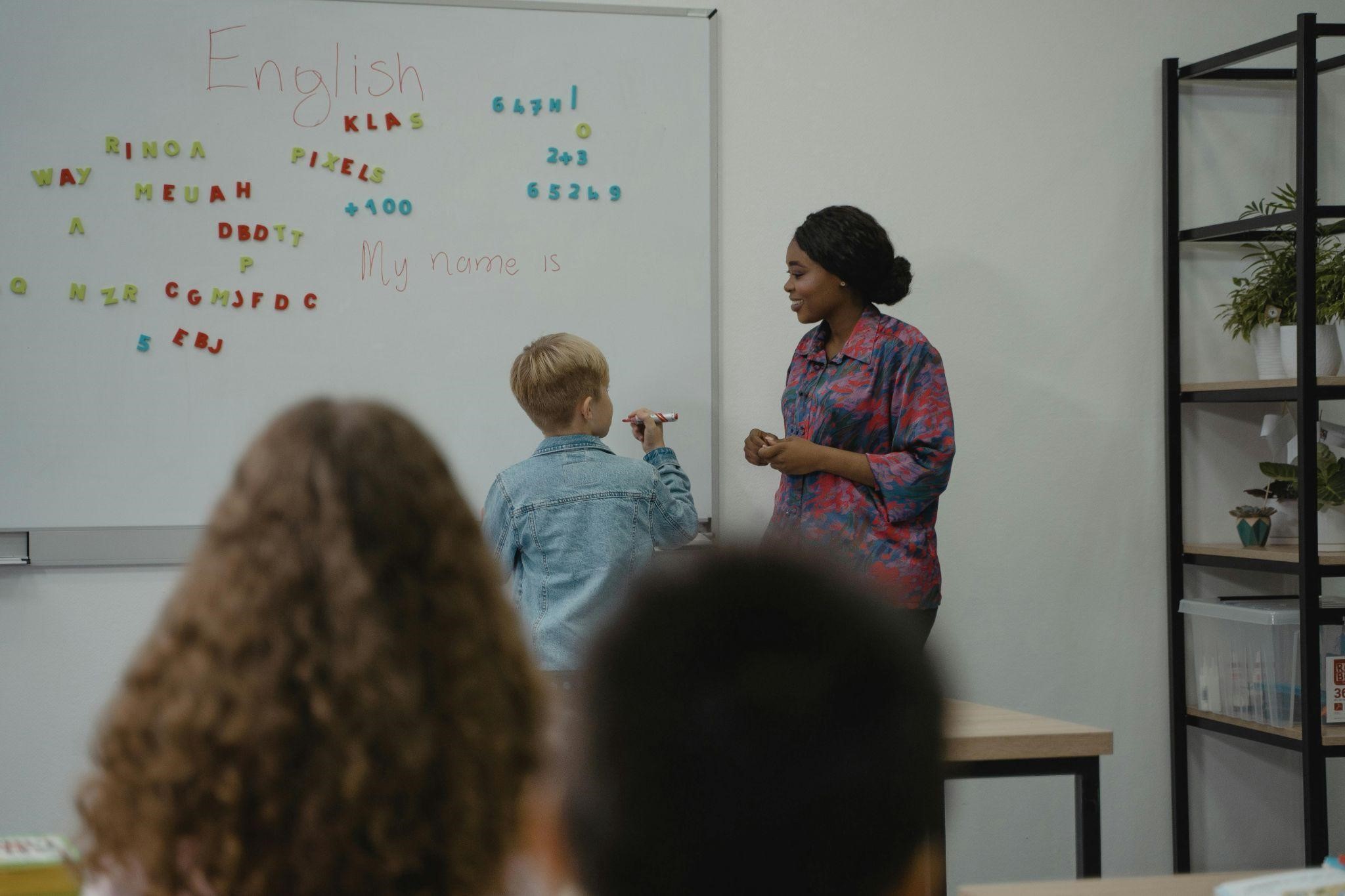The Smart Study Guide: 6 Habits to Improve Concentration, Learning, and Academic Achievement
In and out of the classroom, studying is an integral part of the educational process, and learning how to study is equally important. Many students slip into the trap of cramming, attempting several tasks at once, and memorizing with no real understanding of the material. The lesson that is realized is that better results come from refined practices that foster your focus, your wellness, and your ability to learn.
This guide will present 6 study-oriented practices aimed at helping reduce the burnout and stress that is often associated with achievement while simultaneously enhancing performance.
1. Look After Your Mental Health
With the right mindset, learning can be transformed from a complicated task into a walk in the park. The biggest contributors to focus, stress, anxiety, and the overwhelming feeling of burnout come from the mental clutter. If you feel as though you can not escape the cycle of your emotions, let it go, and do it differently. Rather, go before it, confront it.
Talking to someone about your problem can be very helpful. A practitioner can assist you with the proper ways to formulate coping strategies, motivation, and time management. Therapy is like charging a phone, it helps to rest and repair your brain so it can function better.
2. Set Small, Achievable Study Goals
Waking up and deciding, “I want to be the best at all of the examinations” is going to be one of the most perfect ways to set a goal. daily chores are more favorable.
Instead of, “I’ll finish the whole Chemistry syllabus,” try “I’ll try to understand one new formula today.”
Instead of, “I’ll study for about five hours,” try, “I’ll study for twenty-five minutes, then take a five-minute break.”
These mini-wins help add momentum as well as ease the stress of studying.
3. Send Oxygen to the Brain
Your brain, just like any muscle, needs to be well taken care of so that it functions to its optimum capacity.
Avoid skipping meals, sleeping, or drinking energy drinks just to get through the day.
To improve the study experience,
Eat nutrition-rich snacks. With the day and age we live in, it is not so outrageous to think that it could be difficult to remember or focus for long stretches of time. Eating strategically can help, and foods such as nuts, dried berries, small fish, or whole grains are good options.
Keep a refillable drink container nearby. Dehydration hinders the ability to concentrate, so drink water often.
Go for a quick walk to get the blood pumping. A twenty-minute walk is ample time to improve circulation to the brain.
Versus, if you are someone who prefers to stay inside, consider these tips.
4. Recognize The Value of Having A Growth Mindset
If you say to yourself, ‘I can get better’ is where you change your attitude. The transformations that you will be able to bring about will amaze you. Just because you’re not able to understand a complicated topic does not mean that you are ‘bad’ at it. Rather, you have not come up with the right solution as yet.
There are better alternatives to, ‘I can’t solve this Chemistry problem. An example of a better thought is, ‘I know that it is possible to solve this problem with practice and guidance.’ There is a less stressful approach to this. It keeps you striving.
5. Combine The Right Attitude and The Perfect Surround
Changing rooms and locations should enhance the likelihood of effective learning. The surrounding should contain very few distractions and noiseless. It should also be an area designated for studying and learning.
Consider spending time in your study area:
Private, tidy, organized and bound spaces would be most effective.
Use decorations like flowerpots or wall art to jazz the room up and add a motivating quote for an extra boost.
Soft mellow music can be effective with concentration for some.
And when things get too hard, it is perfectly okay to seek help, like the Chemistry tuition provided at the SEB Academy in Singapore, rather than suffering in silence. Help when needed can assist in understanding topics. It can also greatly boost self esteem.
6. Interact with The Knowledge of The Subject
Mindfulness is associated with certain techniques of meditation but also with sharpening focus within the area of study. It is a focus on the subject at hand with intention, without divided concentration towards different things.
Some examples of guided mindful study activities, would be:
Close your eyes, block all thoughts and before studying a new topic, prepare mentally for a few minutes.
Racing through a chapter is unnecessary. Instead, complete a chapter by skimming and underlining what you feel are the most important points. Think aloud and tell yourself the answers the way you would explain them to a new person.
Conclusion
Improper mental strategies can cause mental harm, excessive striving, and attention on wrong targets. Understanding the balance of various elements when studying is overachieving; to focus on the dynamics of the elements which the student can control. Structure and balance can be attained in level of skill to be learned and the performance to be achieved if Mental focus is maintained, timely support is asked for, and effort keeps an open mind to positive attitude.
Select one strategy you are willing to practice from the list that you already wrote, and incorporate on of them into your daily practice. Learning to balance the time and effort you apply to studying will make the entire process a lot more enjoyable and more realistic for you.
